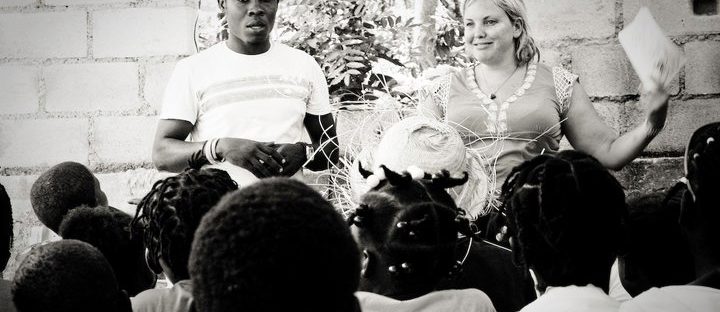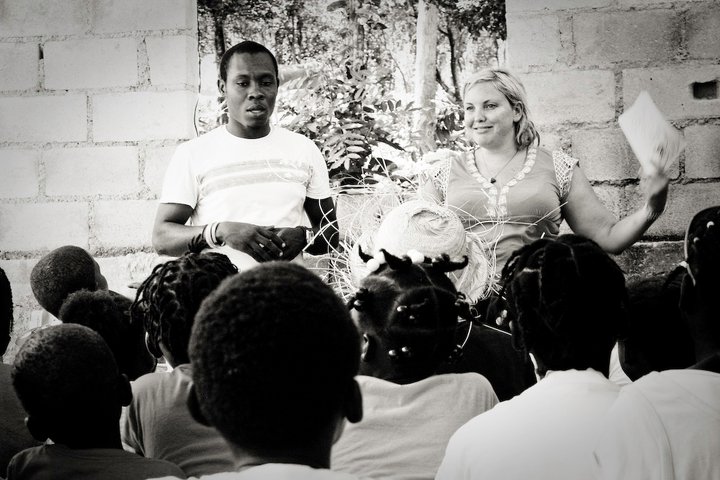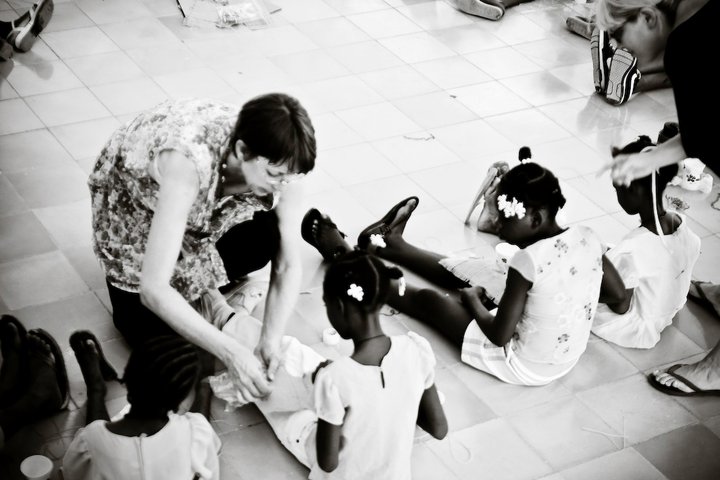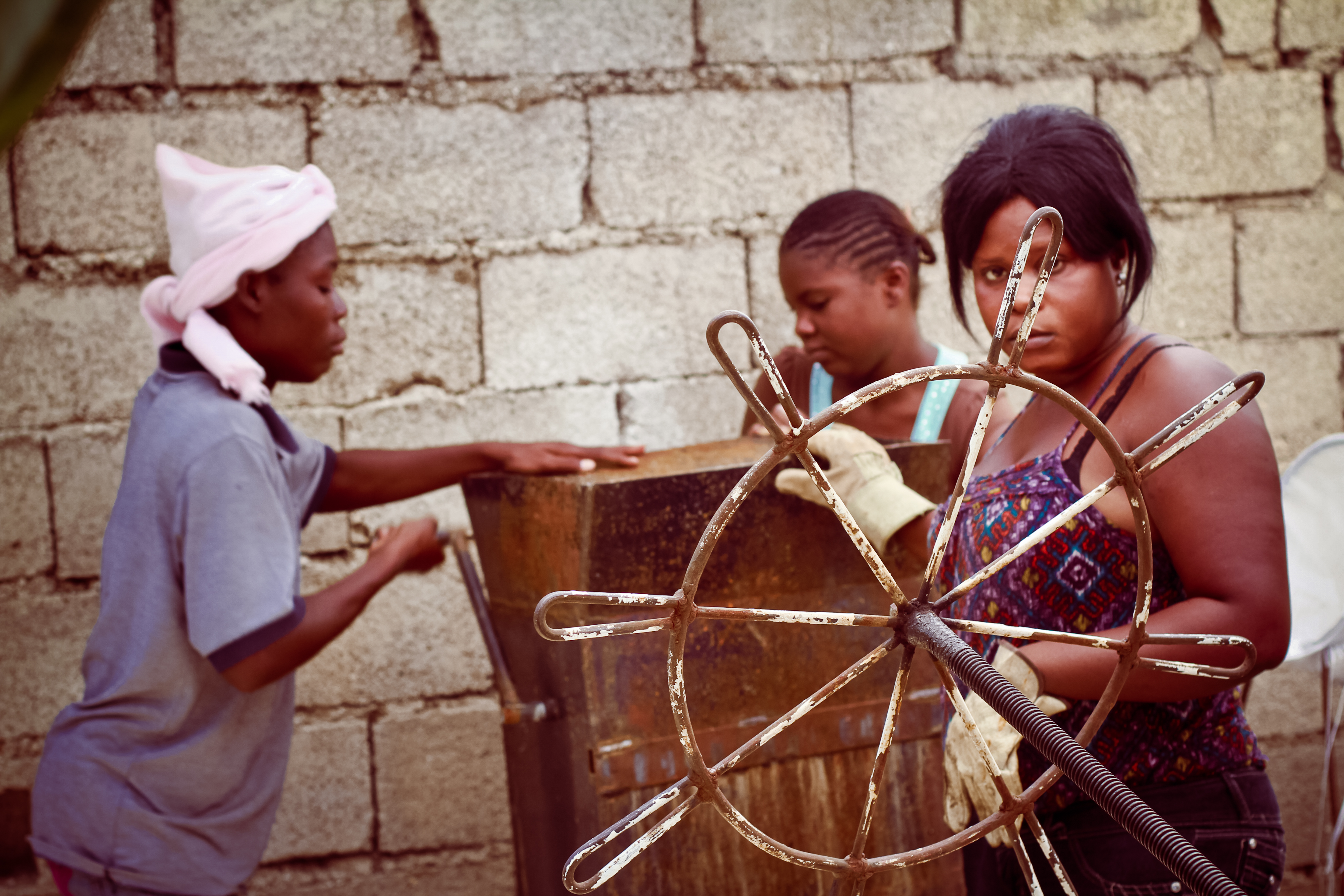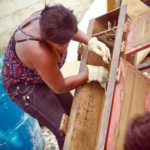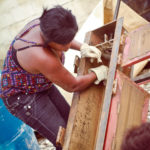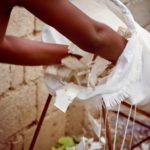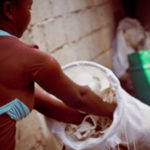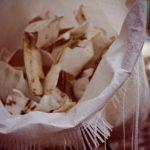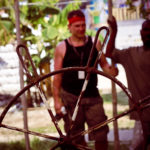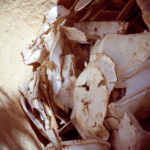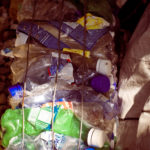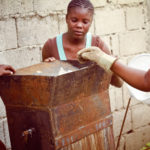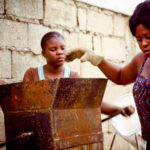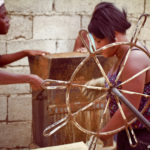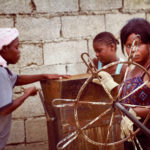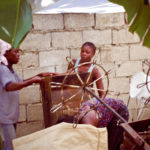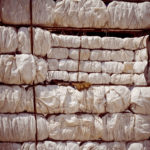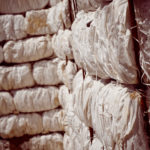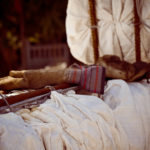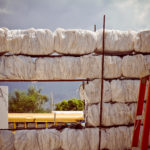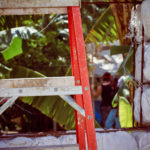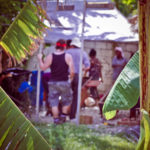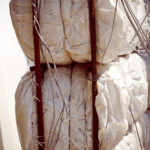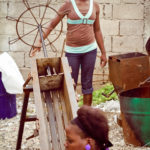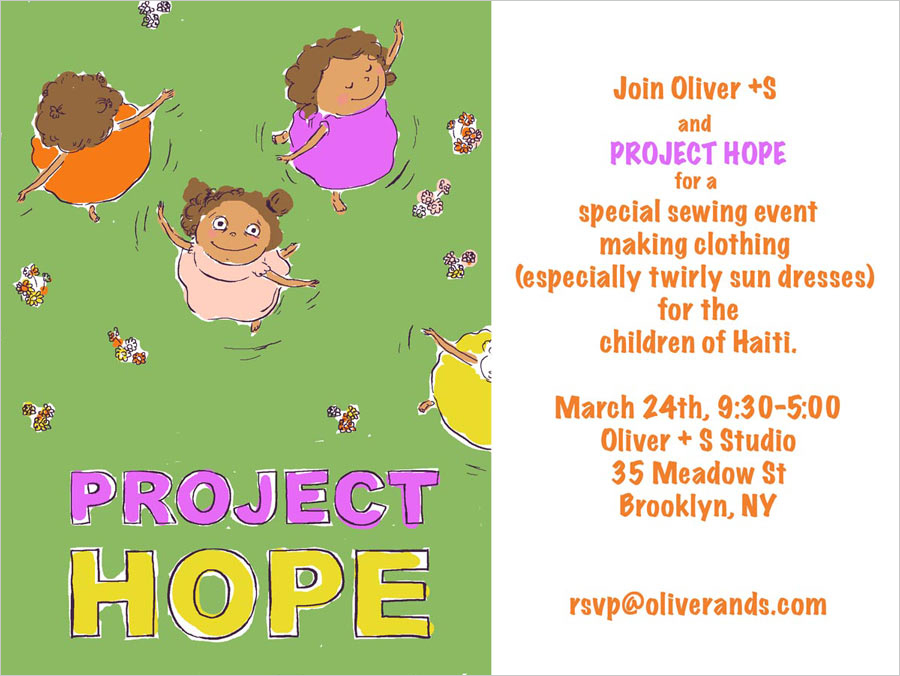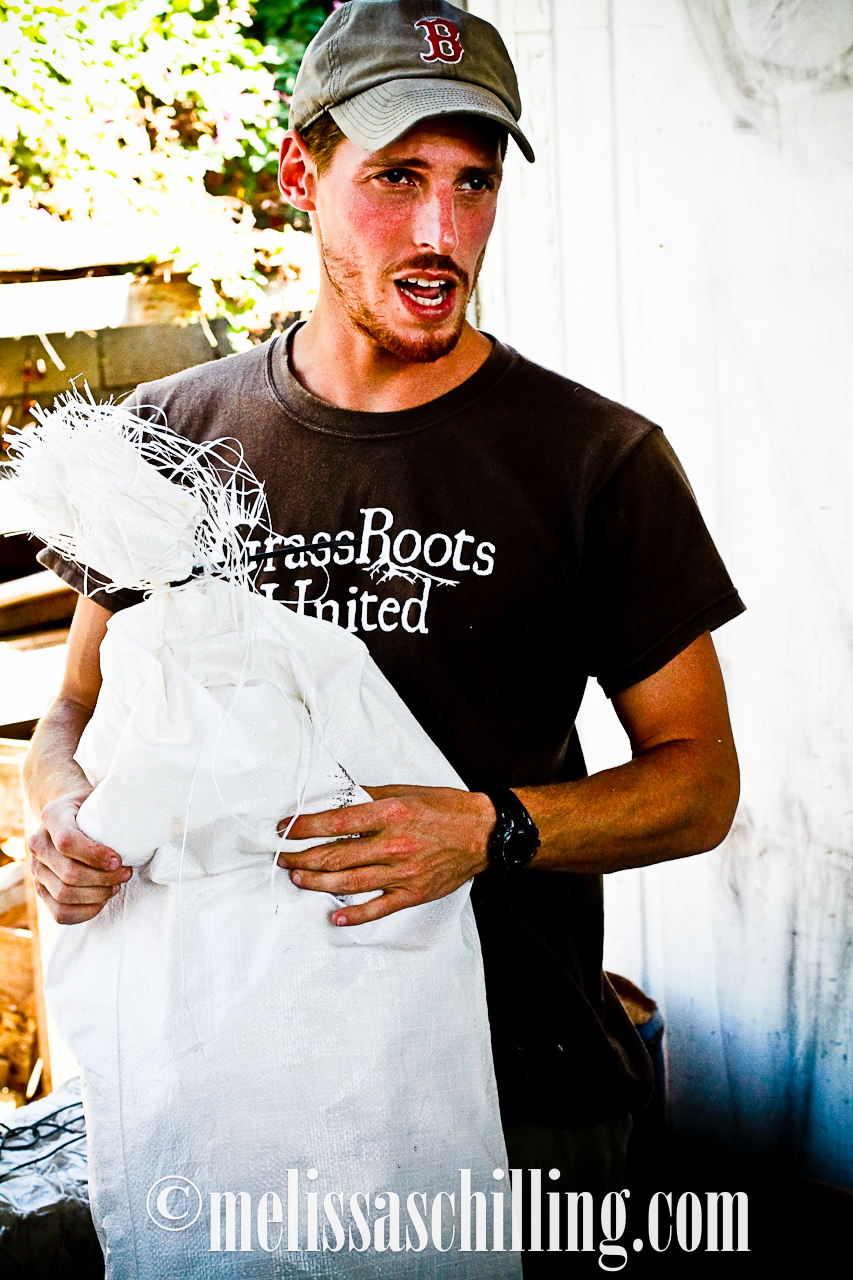
Read about Ubunto-Blox, here
Haiti Communitere operates the Sustainability Resource Center in Port au Prince. Located walking distance from the international airport our center works as a hub for international groups to launch pilot projects, manage on the ground projects and network with other similarly focused in country groups. We pride ourselves in lowering overhead costs while redistributing revenue back to Haitian initiated projects.
Our Community Liaison works directly with community groups finding driven members of their community that just need that extra something to make their idea a reality. Working together is the only way we are able to assure our resource center and our community assistance programs address the actual needs and desires of beneficiaries. Haiti Communitere is a collective idea born from true grassroots disaster recovery experience.
[slideshow]
Following the 2004 tsunami, our core group was introduced to the world of disaster relief, through coordinated response to other disasters this group has transformed into a large network representing a diverse skillset. Throughout the internal discussions and planning, we have identified three interconnected yet separate components to disaster recovery; response, relief, and renewal. It is our vision to design a model that supports both internal and external empowerment by formulating program development around observed needs, instead of implementing pre-determined programs. Since the onset of the devastating January 12 Haitian earthquake, this vision has been adhered to and the Haiti Program has evolved to address the ever developing needs of this impoverished area.
Under the name GrassRoots United (no affiliation with GrassRoots International), initial relief planning began immediately and in less than two weeks after the quake, HC director Sam Bloch was on the ground assessing damage, setting up a base of operations, and connecting medical professionals with personal pilots to get resources to the areas most needed. As the base grew into a Resource Center, and the emergency period after the earthquake passed, the focus moved to programs such as orphanage support, medical supply redistribution, and community-based public health education.
These efforts brought the needed support to Haitian orphanages, clinics, and IDP camps still readjusting to post-earthquake life when they were slammed with the first outbreak of cholera in decades. HC represents the third component of our model; renewal. In a country that is home to over 10,000 local and international groups, the vision of HC is to focus on backend support through sustainability, connectivity, and resources.
About the Team: http://www.haiti.communitere.org/manifesto/core-team
Current Project: http://www.haiti.communitere.org/current-projects
